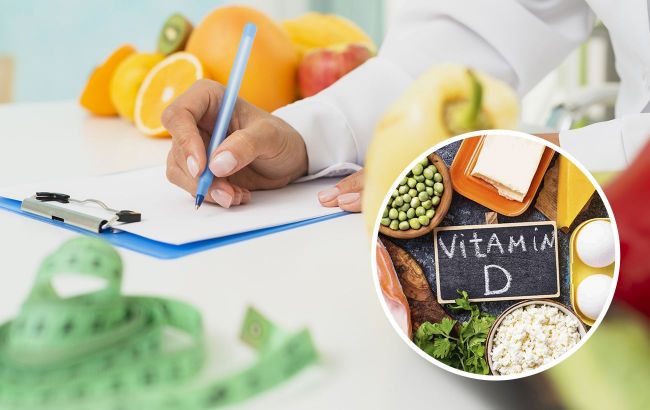5 supplements to take in spring: Dietitian's advice
 Illustrative photo (Freepik)
Illustrative photo (Freepik)
Seasonal changes may indicate the need for various vitamins and supplements, according to experts cited by Express.
What supplements to take in spring
While warmer months typically bring fresher produce, dietitians still advise reassessing the "right" vitamins and minerals necessary for fortifying your health.
Dietitian Carrie Ruxton believes that as spring sets in, our thoughts often turn to health and fitness, particularly whether we're getting the required levels of vitamins and minerals from our foods.
As heavy winter food gradually gives way to fresh salads and fruits, it's still worth considering supplementation with vitamin and mineral complexes like multivitamins and multimineral supplements, as some foods lack sufficient natural sources of nutrients.
The expert suggests considering the following five vitamins.
Vitamin D
While it's typically recommended to take this popular supplement in autumn and winter, evidence suggests that taking vitamin D is necessary year-round.
"Depending on the time of year, up to four out of ten British adults and around a third of teenagers are clinically deficient. This is due to several reasons including a lack of natural vitamin D sources in the diet (basically oily fish and eggs) and fewer people having regular access to summer sunshine in the UK," the expert said.
Sunscreen, SPF makeup, and skin covering reduce the impact of vitamin D, making certain ethnic minority groups more susceptible to deficiency.
Folic acid
Folic acid is essential during pregnancy to support normal fetal development and later in life to slow cognitive decline. It's found in foods such as liver, leafy green vegetables, and fortified cereals.
While the daily recommendation is 200 micrograms or 400 micrograms during pregnancy planning, national surveys show a staggering 90% of women have a folic acid deficiency during childbearing age, with a continuous decline in folic acid levels since 2008.
Vitamin B12
Most children and adults get enough vitamin B12 from their diet if they consume various animal products like meat, poultry, fish, and eggs. However, according to the dietitian, the increasing popularity of plant-based and vegan diets has put thousands at risk of deficiency.
Therefore, the doctor recommended that those adhering to these diets take a B12 supplement or incorporate nutritional yeast into their meals.
Dr. Ruxton added that older adults also need more vitamin B12 as they have less intrinsic factor, a protein in the stomach that helps the body absorb vitamin B12.
Other B vitamins
Vitamins B1, B2, B6, and biotin, necessary for normal hair, nails, energy, and hormone regulation, play a crucial role in the body.
Vitamin C
Consuming plenty of fruits and vegetables, as well as daily intake of a glass of orange juice, will provide an adequate amount of vitamin C. However, while the recommended intake of vitamin C is 80 mg, higher consumption of about 500-1000 mg for 7-10 days has been found to reduce the duration of colds, best achieved through supplementation, especially one that also contains zinc.
This material is for informational purposes only and should not be used for medical diagnosis or self-treatment. Our goal is to provide readers with accurate information about symptoms, causes, and methods of detecting diseases. RBС-Ukraine is not responsible for any diagnoses that readers may make based on materials from the resource. We do not recommend self-treatment and advise consulting a doctor in case of any health concerns.

